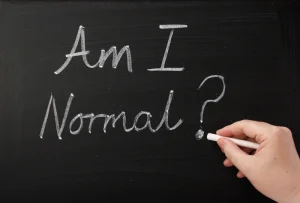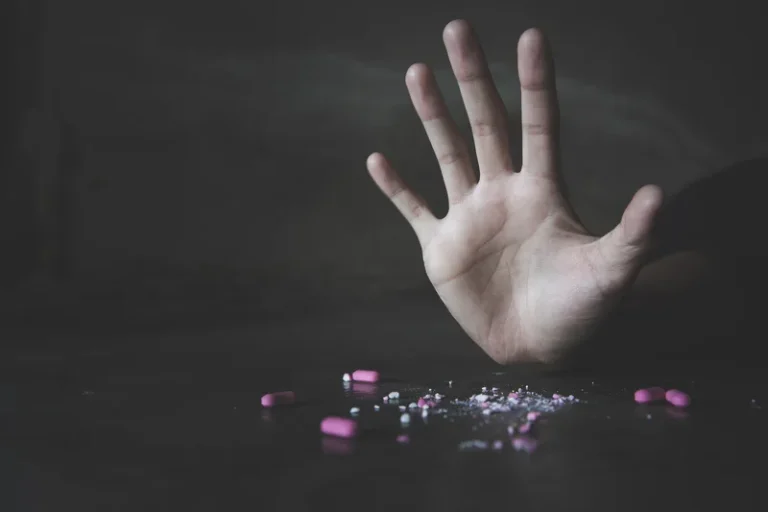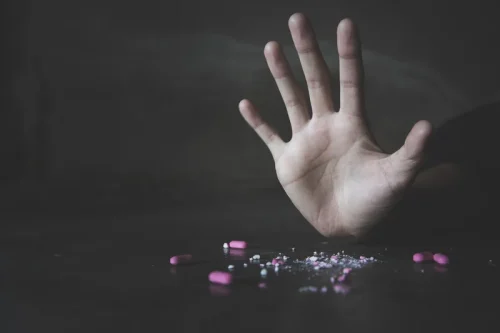
Without dealing with the root of drawing your emotions in alcohol, they will continue to haunt you whether you’re dry or not. It’s a tough piece of the puzzle, but the most intense part is determining the cause. This almost seems like a contradiction in terms, so how do we explain it.
What Is Dry Drunk Syndrome?
- If this is hard, try and think of things that called to you during your childhood.
- The person exhibiting Dry Drunk Syndrome is already experiencing relapse (without actually using the substance again).
- Lazare has accumulated over eight enriching years in the provision of holistic care to a wide variety of clients, with psychiatric conditions.
- Now that we have discussed how to identify if you have Dry Drunk Syndrome, let’s discuss how to cope with it and manage it, so it has a minimal impact on your life.
The important thing is to find a recovery program that works for you and stick with it. If one approach doesn’t feel right, take a drug addiction step back and consider a different one. Try talking to your treatment sponsor, accountability partner, or member of a peer support group. If you suspect you might be dealing with this syndrome, try not to be too hard on yourself. Not taking the steps to grow beyond this stage may lead to relapse if a new way of living is not adopted. Unfortunately, stopping alcohol or drug use isn’t all that’s required to recover from addiction.
Supporting a loved one
Fortunately, it is possible to get overcome dry drunk syndrome and step into the deep healing required for lasting recovery. Vanessa is certified in addictions counseling by Maryland’s Board of Professional Counselors and Therapists, with credentials as a clinical supervisor. She comes to The Freedom Center with over 14 years of direct experience in residential and outpatient treatment between the private and federal sectors. Over the past several months, Erin has worked with our team to create a strong clinical program for our residential location in Buckeystown. In addition, she has enjoyed decorating and preparing a safe, comfortable environment for clients and staff. With her passion and drive to bring success to our residential program, Erin is excited for the opportunity to lead our team in Buckeystown as the Program Director.
Lifestyle Quizzes
- Dry-Drunk Syndrome can be a part of a larger condition called post-acute withdrawal syndrome (PAWS).
- I watch clients walk through the door, broken, and still remember when it was I who felt hopeless.
- One potential challenge involves “dry drunk syndrome,” a slang term that originated in Alcoholics Anonymous (AA).
- Because of this, it is important to seek therapy and treatment for your co-occurring disorder.
- Alexandra works with Admissions and Clinical Departments for scheduling client admissions, transfers, discharges and outside appointments while maintaining positive relationships with all clients.
Symptoms of Dry Drunk syndrome can also resemble the same feelings and emotions the individual was experiencing while drinking. An individual exhibiting one or more of these behaviors might be dealing with Dry Drunk syndrome. If someone you know is exhibiting the symptoms of dry drunk syndrome, encourage them to continue treatment. Dry drunk syndrome can sometimes make those in recovery feel like they failed, and these feelings may cause them to dry drunk syndrome slow their treatment efforts or even quit altogether.
James now has the opportunity to do what he loves and help others achieve long-term recovery. James works alongside the clinical director and administrative team to help ensure that every client benefits from a customized treatment plan and holistic approach that offers freedom from the grips of addiction. Since 1968, our goal has been to help individuals achieve a life of sobriety free from addiction. Our highly credentialed staff provide high-quality addiction treatment as well as nine medically researched evidence-based practices.


Support groups can also be helpful because you guys can share helpful coping strategies. Now that we have discussed how to identify if you have Dry Drunk Syndrome, let’s discuss how to cope with it and manage it, so it has a minimal impact on your life. As mentioned earlier, the first step is to remind yourself that Dry Drunk Syndrome is a completely normal part of your recovery. Being too hard on yourself will only make you feel hopeless and unable to manage your symptoms.
How To Avoid The Signs And Symptoms Of Dry Drunk Syndrome

Many people who stop drinking of their own volition and deal with the dry drunk syndrome will relapse because they don’t resolve the underlying issues that cause them to drink, to begin with. You also have to explore, deeply and honestly, patterns and behaviors in your life that contribute to your alcohol use. People recovering from alcohol misuse or addiction often experience difficult, painful emotions. They might feel frustrated or angry, struggle with their desire to drink, or express a lot of negative thoughts. Based on this definition, the symptoms of “dry drunk syndrome” may constitute a relapse, even if the person doesn’t drink.










